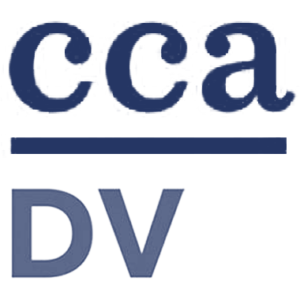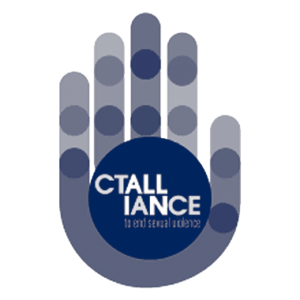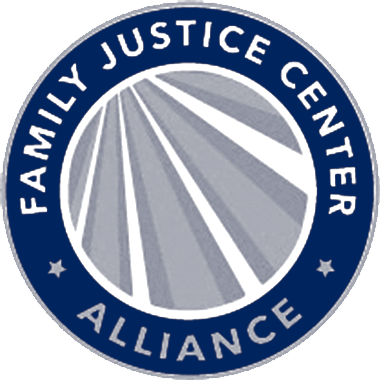As part of its mission to transform victims into survivors, CFJ works with a network of community partners. One critical relationship in our efforts to help victims gain meaningful employment is our ongoing partnership with The Workplace, which leads job training and education efforts in 20 communities in Southwestern Connecticut.
The Workplace has teamed up with CFJ in recent months to support our clients by bringing its mobile Career Coach on site to provide job search assistance, resume writing skills and social networking tips to our clients.
Recently, we spoke with Joseph Carbone, The Workplace’s President & CEO about the significance of this partnership and what good jobs means to victims and survivors.
CFJ: How does working with an organization, such as The Workplace, stand to benefit our clients, who are victims of domestic and sexual violence?
Joseph Carbone: The WorkPlace is guided by the belief that education and personal development are critical to self-sufficiency. We strive to create opportunity for individuals to develop their full talents. Just as the CFJ is designed to eliminate barriers to services and improve outcomes for victims and survivors, The WorkPlace attacks systemic barriers to employment. Together our organizations can provide a more holistic approach to supporting our community.
CFJ: What role does meaningful employment play in someone’s ability to transform from a victim to a survivor?
JC: Stable employment with consistent wages can play a significant role in personal transformations and overcoming insecurity. A rewarding job can empower victims to achieve economic independence and identify new networks of support, to help them thrive in work and in life.
CFJ: What challenges do victims face in seeking employment?
JC: Victims of domestic violence face multiple challenges in getting back into the workforce. First, being that many of them are transplanted into new surroundings. Be it a shelter or transitional housing the primary focus is and should be on the physical and emotional well-being of those impacted. We often find that even securing the requisite documents for employment can be a challenge for this population. Transportation and childcare are huge barriers as often their support systems are fragmented. This combination of challenges makes it difficult for them to keep employment and limits their ability to acquire the credentials for upward mobility.
CFJ: What kind of skills and tools does The Workplace provide which can help a survivor become more competitive in the job market?
JC: The WorkPlace administers public and private workforce development funds and coordinates providers of job training and education to meet the needs of residents and employers in 20 towns and cities in Southwestern Connecticut. While The WorkPlace is administers over 20 different programs, our primary purpose is operating the American Job Centers (AJC) in the region. The AJCs provide a one stop resource for jobs, career exploration and skill development. Benefits of the AJCs include: use of computers, telephones, copiers, journals, computer classes, stationery for résumés and cover letters and use of the American Job Centers mailing service. Through the Assisted Services Center, advanced equipment provides accommodations for people with disabilities. Additional services at the AJC in Bridgeport include job skill workshops, personal career counseling, skill testing, job-search seminars, job clubs, and other support groups. More information can be found at www.ajcswct.com






